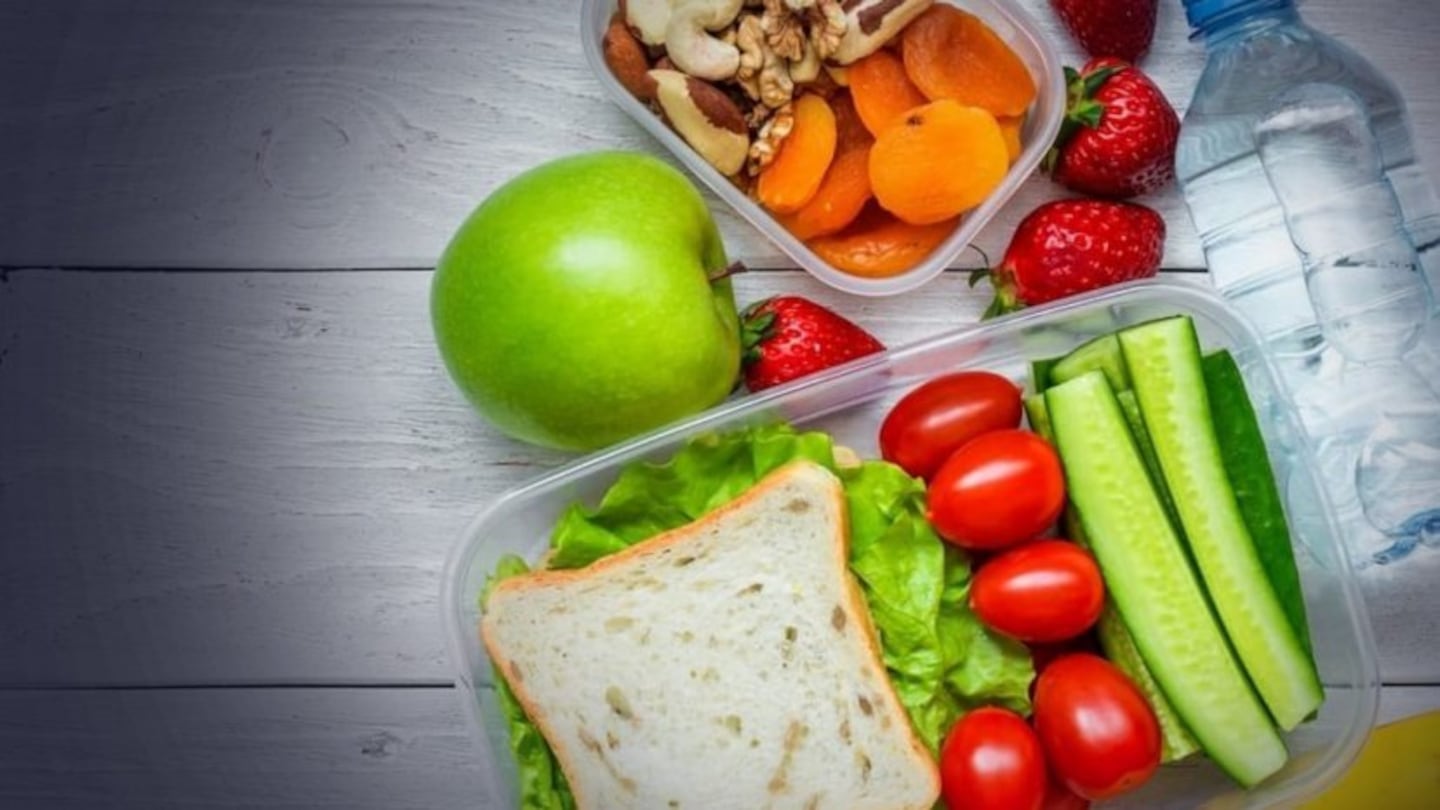Researchers are calling for the government to increase its support for free school lunches.
EIT Te Pukenga Māori and indigenous research Professor David Tipene Leach says a full stomach is crucial to a child’s learning.
“I'll put it like this, things get a little easier for them. Worries don't weigh down on them, because their stomach is full and so too is their soul," Tipene Leach says.
Last August, the Ka Ora, Ka Ako initiative supported 63 million school lunches being handed out among 950 schools and kura kaupapa, and feeding more than 220,000 students. Tipene Leech says if the stomach is full, knowledge is retained.
He says, “Children who are like this, who are hungry, can't get their school work done. They are unable to learn. It's as simple as that.”
David Tipene Leach wants to keep the free school lunches going for tamariki.
'Many benefits'
A collective of researchers is pleading that this cause be supported because of the positive effect it has shown.
“We all know some of the hardships they face, no breakfast etc. They arrive at school with no food, and there are countless kids like this, they have no food at school, not much at home either. It is a lot for kids to carry that kind of burden but, with Ka Ora, Ka Ako, the healthy school lunch programme, there are many benefits that have shown themselves.” Tipene Leach says.
In this year's budget the government agreed to another year of Ka Ora, Ka Ako but the researchers say children of lower-income families are badly affected. Tipene Leech asks the government to support this cause for the betterment of the next generation.
“Look overseas, we've looked to other places, and they provide lunch for all of their students, not just the ones who are less fortunate. We think there is a great benefit in that idea, providing healthy lunches for all children.”
Tipene Leech says that this will not only benefit children but also parents, families and all New Zealanders.

